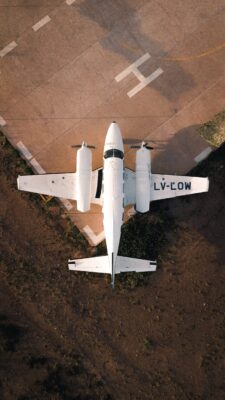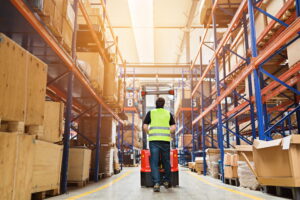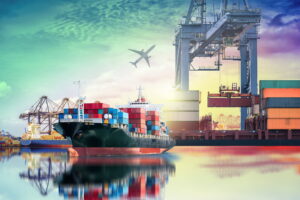A recent trend that many companies have been concentrating on is the effect of air freight carrier emissions on eco-friendly supply chains. The global shipping company, FedEx announced in 2011 that they planned on cutting carbon dioxide emissions by 30% compared to an amount in 2005. Because of the increasing demand for e-commerce in the last few years, emissions were reduced by 27% instead of 30%. The demand made it that FedEx was forced to keep their older carbon dioxide-emitting aircraft in service.
Shippers who aspire to make their supply chains more sustainable may be faced with a dilemma from shipping their goods by air. While aircraft are a convenient way to move freight globally, they tend to be the hardest to reduce in terms of carbon dioxide emissions. This is because they produce a large amount of energy and require large amounts of gasoline compared to other means of transport such as trucks. Also, it may be decades before large, freight caring air carriers could be converted into fully electric.
Air Carriers are Important in Supply Chains
The past few decades have seen a growing reliance on air carriers to transport goods globally. Recently, the coronavirus pandemic put an even greater spotlight on the necessity of moving freight by air. Many goods such as vaccines and other essential equipment were needed to be transported with urgency. Even before the pandemic, shipping by air was a convenient transportation method for supply chains because of how rapidly the freight was moved. There has been the question asked if shippers planning to make their supply chains more environmentally friendly will stop using aircraft as a means of transport. However, this may not be the case because of how significant air freight carriers are in too many supply chains.
The Future of Air Freight Carriers
Although the reliance on air carriers to move freight may not end anytime soon, the aircraft may evolve to be more eco-friendly. Although it may be a long time before large aircraft become completely electric, smaller electric aircraft are already being created. DHL Express recently revealed that they ordered 12 small-sized aircraft to deliver freight. They are planned to deliver in small-scale distances across the U.S. It could be possible that electric airplane batteries may evolve similarly to how quickly our phone batteries evolved. Airplane batteries may soon be developed to power larger air crafts.
Companies are also finding alternative methods to reduce the carbon footprint of their supply chains. One of the ways is by sourcing the goods with more proximity to the client. This may mean a closer country or even the same country. The result can be reducing the carbon dioxide emissions in a supply chain by a certain amount and on a large scale, that amount may be immense.
Another solution that shippers are moving towards is using more sustainable aviation fuels. Sustainable aviation fuels or SAF’s are more eco-friendly alternatives to fossil fuels such as fuel from waste products, cooking oil, and plant oils. This type of fuel can reduce carbon dioxide emissions by over 75%. The issue is that there may not be enough of this type of fuel available for use. Because of this, the price for carriers to use SAFs is expensive compared to regular fossil fuels.
A1 Worldwide Logistics
Plan on having goods shipped internationally and need help with the process for doing so, feel free to reach out to us at A1 Worldwide Logistics. We provide various services that are tailored to your supply chain goals. Not only do we assist with your supply chains, but we also provide transparency in every part of your supply chain. This way you can have confidence in knowing that your goods will reach their final destination efficiently. Contact us at 305-821-8995 to find out about the many services we offer for your supply chain needs.





